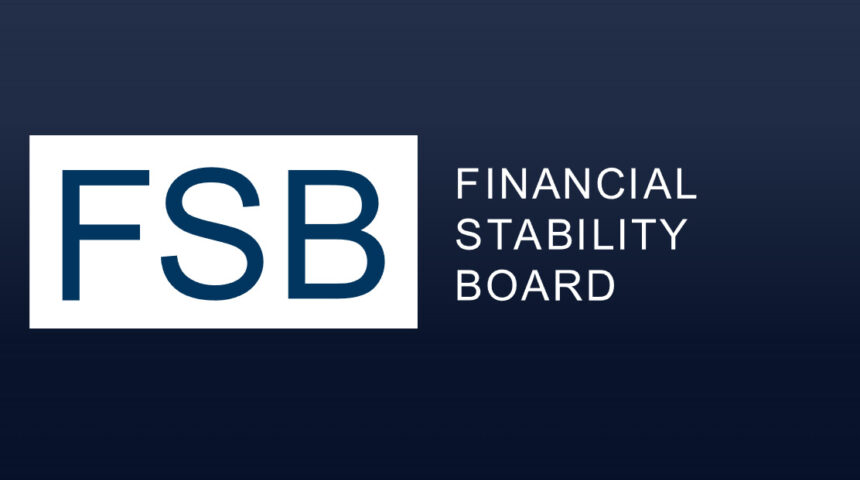Crypto Regulatory Arbitrage Threatens Global Stability: FSB Warns
Background: Regulatory Fragmentation in Crypto Markets
The Financial Stability Board (FSB) released a report Thursday warning that crypto regulatory arbitrage—where digital asset providers seek out jurisdictions with the most lenient oversight—poses a growing risk to global financial stability. The FSB analyzed crypto regulations in nearly 40 jurisdictions and found significant regulatory inconsistencies and loopholes, which allow crypto firms to circumvent stricter controls by operating in regions with weaker rules. According to the FSB, this fragmented approach undermines the effort to create a resilient digital asset ecosystem and increases risks to financial systems worldwide.
Uneven regulation facilitates regulatory arbitrage, particularly for stablecoin issuers and crypto asset service providers (CASPs). The FSB report noted that cross-border oversight of the sector remains “fragmented, inconsistent, and insufficient.” While legal enforcement tools exist in some countries, the FSB noted that effective oversight to ensure financial stability and broader supervisory objectives is often lacking.
Market Reaction and Increasing Financial Sector Exposure
A concurrent European Banking Authority report further identified “forum shopping,” where crypto firms select jurisdictions with “lighter supervisory practices or previously lower market entry requirements,” often entering the EU with inadequate anti-money laundering safeguards. John Schindler, FSB secretary-general, told the Financial Times that “different rules could lead to dynamics which could exacerbate shocks,” a trend regulators have sought to avoid.
The FSB observed that major global banks are increasing their involvement with crypto-assets, expanding their custody and prudential exposure. “Linkages between crypto-assets and the traditional financial system are growing,” the FSB report said. Stablecoin issuers now hold reserves rivaling those of major nations or money-market funds, which could disrupt financial markets if rapid liquidations occur under stress. Kevin Lee of Gate echoed these concerns to Decrypt, stating that patchy regulation shifts risks to the venues with thinnest oversight. He suggested stronger data standards, asset segregation, and margin requirements could help minimize cascade risk during volatility.
Despite advancements such as the EU’s MiCA legislation, Nikolaos Kostopoulos of Netcompany SEE & EUI cautioned that uneven implementation continues to enable regulatory arbitrage, and that consistent cross-border enforcement is required for “true convergence” in global crypto oversight.
What’s Next: FSB Recommendations and Future Oversight
The FSB report noted that few jurisdictions have fully implemented regulatory frameworks for global stablecoins (“GSCs”) as of July 2023, with ongoing disparities in oversight and reporting. Where frameworks exist, inconsistent application provides further opportunities for regulatory arbitrage and complicates monitoring of the international crypto marketplace.
In response, the FSB has issued eight recommendations, urging governments and regulators to identify and address regulatory gaps, improve data collection and risk monitoring, and form both bilateral and multilateral arrangements to enhance cross-border cooperation. The FSB also highlighted the need for stronger leverage regulation in crypto markets, stating that users are often able to “borrow against exposures” or use debt to amplify trades, while authorities’ ability to track such high-risk activities remains constrained by weak reporting from CASPs. The risk of cascading failures during market stress remains a key concern.
For additional developments in crypto regulation and global market oversight, visit Vizi Crypto News.




















